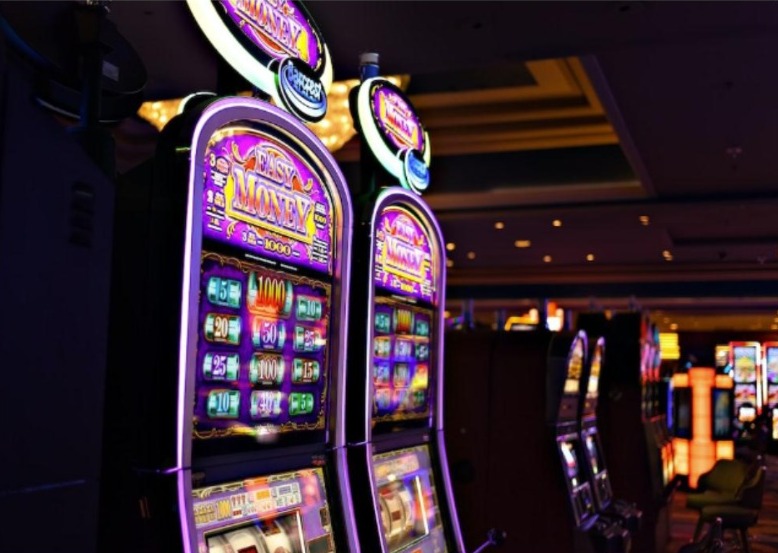Humala según The Economist
 The Economist es una revista con personalidad. Un poquito muy a la derecha para mi gusto, pero ingeniosa, inteligente e íntegra. Iluminadora, muchas veces. Y divertida, además.
The Economist es una revista con personalidad. Un poquito muy a la derecha para mi gusto, pero ingeniosa, inteligente e íntegra. Iluminadora, muchas veces. Y divertida, además.
Hace unos días me pasaron dos agudos artículos de The Economist que tocaban el tema Humala.
El primero trata sobre la oleada neopopulista que recorre Latinoamérica -y que muchos confunden con «un viraje a la izquierda» del continente-. Aquí, un extracto de The return of populism:
«More Mussolini than Marx
In fact, there is nothing inherently left-wing about populism. Some populist leaders were closer to fascism: Perón lived as an exile in Franco’s Spain for 18 years. Many favoured corporatism—the organisation of society by functional groups, rather than the individual rights and pluralism of liberal democracy.
Other writers have seen populism as a technique of political leadership more than an ideology. They have applied the term to such free-market conservatives as Peru’s Alberto Fujimori and Argentina’s Carlos Menem who, in different ways, sidestepped interest-groups and made direct appeals to the masses. It is not clear whether Mr Humala, if elected in a run-off, would fall into this category—or try to mimic Mr Chávez.»
Y en otro artículo se indaga por los orígenes del fenómeno Humala. Acá un esclarecedor extracto, dedicado a todos los despistados que proclaman que «vamos a extrañar a Toledo» y aseguran que «a fin de cuentas, Toledo fue un buen presidente»:
«That Mr Humala has not, so far, swept all before him is proof that some Peruvians do think things have improved. But behind his support is a deep-seated resentment among many others that they are missing out on progress. That is the fault of government—rather than of business or the “neo-liberal” economic model, as Mr Humala claims. Even by regional standards, education and health services are poor in Peru, and infrastructure is lacking.
That failure goes back decades. But Alejandro Toledo, the president since 2001, squandered an unrivalled opportunity. He failed to reform the judiciary, or to cut the armed forces down to size. Despite the growing economy, government anti-poverty programmes are “pathetically poor”, says Richard Webb, a former central-bank governor. “Less than 1% of GDP is spent on them, and it’s spent badly.” What Mr Toledo and the outgoing Congress are remembered for, rather, is for having raised their own salaries.»
Vayamos entendiéndolo: Toledo no es el único, pero sí el gran creador de Ollanta Humala. La historia no lo olvidará.

